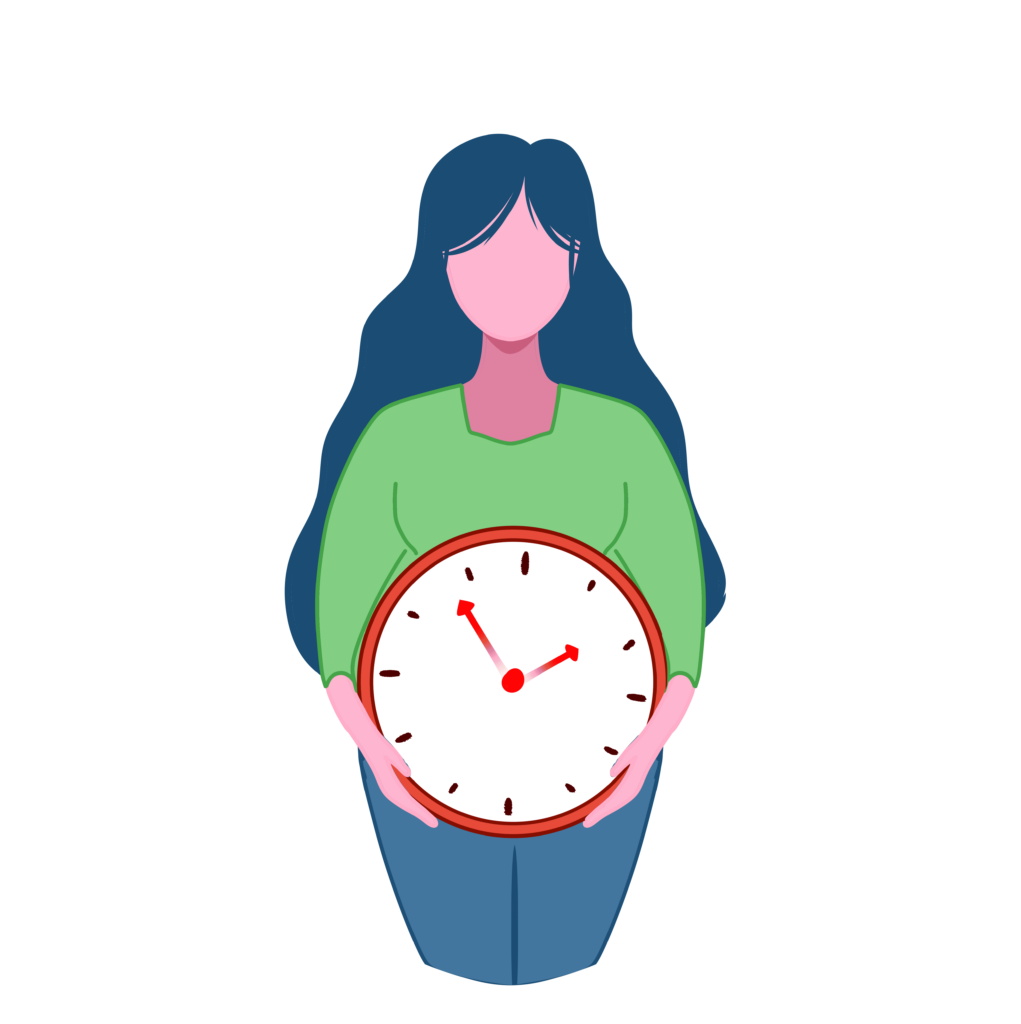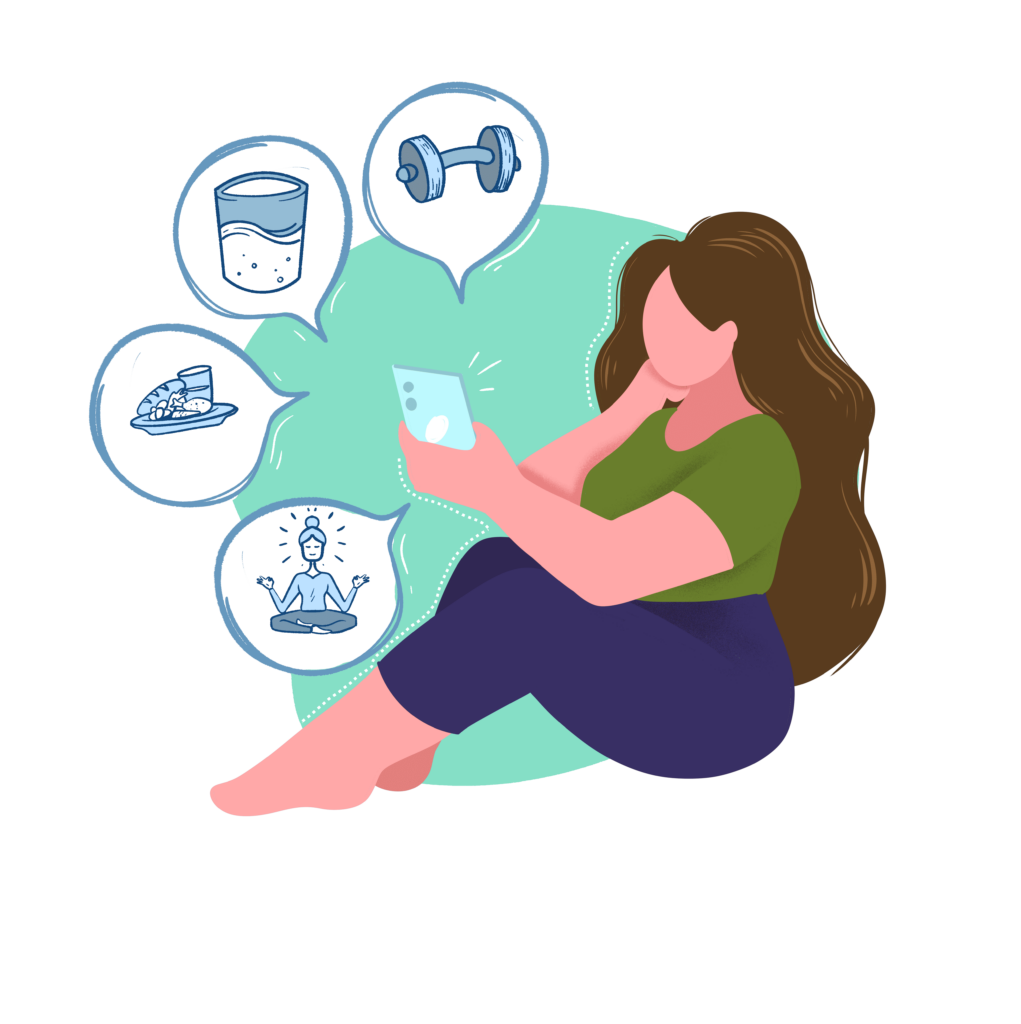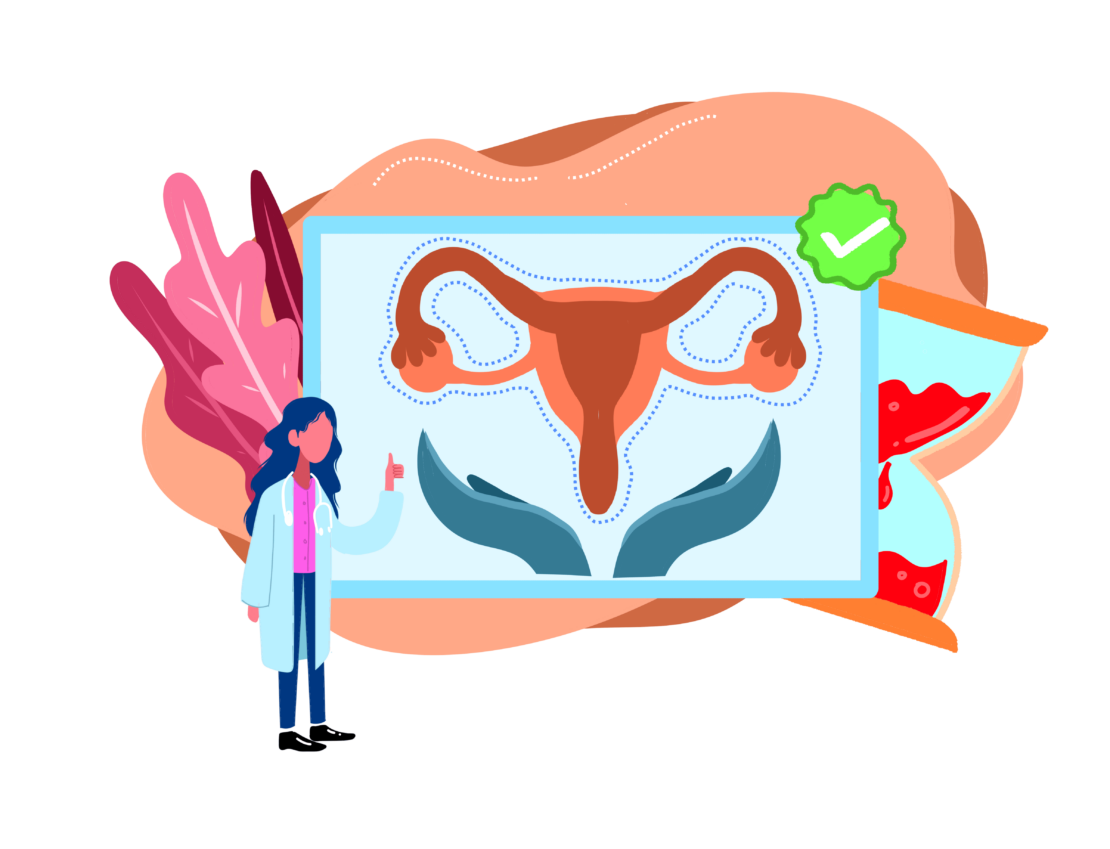Vaginal dryness is a widespread issue affecting women of all ages, particularly during menopause. It results from a decline in estrogen levels, leading to discomfort, irritation, and painful intercourse. Over 50% of postmenopausal women and 17% of premenopausal women experience this condition. While it can be a distressing problem, various treatments are available, including lifestyle changes, vaginal lubricants and moisturizers, creams, topicals, estrogen tablets, and hormone replacement therapy. However, it is essential to consult with a healthcare provider to determine the most appropriate course of action based on individual circumstances.
What is Vaginal Dryness?
Vaginal dryness is a condition characterized by a lack of adequate lubrication in the vaginal area, often leading to discomfort, irritation, and painful intercourse. This phenomenon in women’s life affects both premenopausal and postmenopausal women.
According to the study led by Vadym Goncharenko et. al., from Clinical Hospital “Pheophania” of Ukraine, it is said that more than 50% of postmenopausal women over 51 years and around 17% of premenopausal women aged 17-50 years experience vaginal dryness which is directly linked to decreasing levels of estrogen and is causing couples to experience problems with sexual intercourse.
It is often described by women as experiencing discomfort, inflammation, and painful intercourse. As also characterized by a study from University of California Davis, School of Medicine, these sensations are dry vaginal lips, irritation, itching, or burning outside of sexual activities which often leads also to low libido, and decreased sexual satisfaction.
We’ll look more closely at the possible causes of vaginal dryness because they can result from a number of things, such as hormonal changes, certain medical disorders, and the use of certain medications.

What Causes Vaginal Dryness?

Vaginal dryness is a condition characterized by a lack of adequate lubrication in the vaginal area, often leading to discomfort, irritation, and painful intercourse. This phenomenon in women’s life affects both premenopausal and postmenopausal women.
According to the study led by Vadym Goncharenko et. al., from Clinical Hospital “Pheophania” of Ukraine, it is said that more than 50% of postmenopausal women over 51 years and around 17% of premenopausal women aged 17-50 years experience vaginal dryness which is directly linked to decreasing levels of estrogen and is causing couples to experience problems with sexual intercourse.
It is often described by women as experiencing discomfort, inflammation, and painful intercourse. As also characterized by a study from University of California Davis, School of Medicine, these sensations are dry vaginal lips, irritation, itching, or burning outside of sexual activities which often leads also to low libido, and decreased sexual satisfaction.
We’ll look more closely at the possible causes of vaginal dryness because they can result from a number of things, such as hormonal changes, certain medical disorders, and the use of certain medications.
What are Treatments for Vaginal Dryness?

There are several treatment options available for addressing vaginal dryness. One common approach is the use of over-the-counter vaginal moisturizers and lubricants, which can provide temporary relief by replenishing moisture and reducing friction during intercourse. Below are the recommended treatments for vaginal dryness:
Lifestyle Changes
Making minor lifestyle changes can effectively address and alleviate symptoms of vaginal dryness. Maintaining proper hydration by drinking sufficient water is essential for managing vaginal dryness. It’s best to steer clear of harsh soaps and products that may cause irritation, and instead choose gentle cleansers specifically designed for the external genital area. Engaging in stress-relieving practices such as yoga or meditation can be beneficial in managing vaginal dryness, as stress is known to exacerbate this condition. Also, avoid vices such as cigarette smoking and excessive drinking alcoholic beverages.
Vaginal Lubricants and Moisturizers
Vaginal Creams and Topicals
Estrogen/Estradiol Tablets
Hormone Replacement Therapy (HRT)
Vaginal dryness often stems from declining estrogen levels and Hormone Replacement Therapy (HRT) offers a powerful solution to prevent and manage this condition. HRT works by replenishing estrogen levels in the body. This can be done through various methods like tablets, creams, patches, or gels. By addressing the underlying hormonal imbalance, HRT effectively prevents and treats vaginal dryness. In the research conducted by Iuliia Naumova et al from Saratov State Medical University of Russia, provided that HRT would be highly effective in treating vaginal dryness. Systemic HRT eliminates the symptoms of vaginal atrophy in 75% of cases, while local therapy does so in 80%–90% of cases. But it is important to keep in mind that it is a second-line treatment after moisturizers and lubricants. Only following a clinical assessment, risk factor identification for potential problems, and patient education is HRT recommended.
While the treatments mentioned, including over-the-counter vaginal moisturizers and lubricants, hormone replacement therapy, and lifestyle modifications, have shown effectiveness in alleviating vaginal dryness, it is crucial to seek medical guidance for proper evaluation and personalized treatment. Each woman’s condition is unique, and factors such as age, menopausal status, underlying medical conditions, and severity of symptoms should be considered when determining the most appropriate course of action. Ultimately, open communication with a qualified medical provider is essential for achieving optimal vaginal health and overall well-being.
When to Consult a Doctor?
Vaginal dryness is a common concern during menopause, but it shouldn’t prevent you from enjoying a fulfilling life. The hormonal changes that occur during menopause can lead to vaginal dryness, which can be a source of discomfort for many women. If you’re experiencing persistent discomfort that disrupts your daily activities or sexual function, over-the-counter solutions aren’t providing relief, or you have additional symptoms like burning, itching, or UTIs, then consulting a healthcare provider at OMC is recommended. They can also address any concerns about changes in vaginal discharge, potential underlying conditions, breastfeeding considerations, or simply explore treatment options for improved comfort and intimacy. OMC’s healthcare providers are committed to providing a safe and supportive environment to address your vaginal dryness concerns related to menopause and hormonal changes.
Contact us today to see how we can help deal with the symptoms you’re experiencing.

